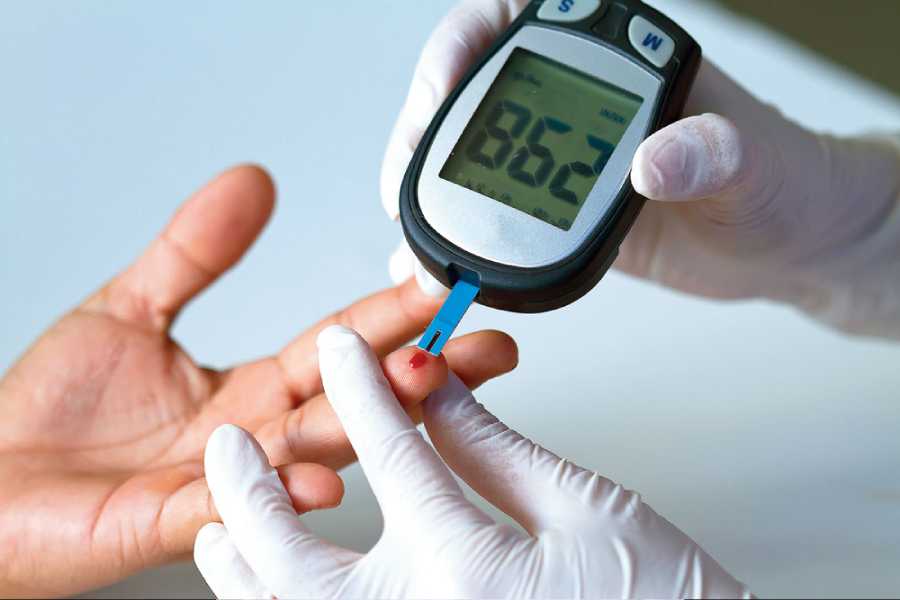A Nagaland University study has identified a naturally occurring plant compound — Sinapic acid — that is “capable of significantly accelerating” the healing of diabetic wounds.
“The discovery marks a major advancement that could result in safe, natural, and effective treatments for diabetic wound management,” according to a statement issued by the University on Tuesday.
The multidisciplinary study involved collaboration between experts from Nagaland University and Lovely Professional University (LPU), Punjab, combining expertise in biotechnology, pharmacology, biochemistry, and medical laboratory sciences.
This is the first study globally to demonstrate that Sinapic acid, when administered orally, can accelerate diabetic wound healing in preclinical models, the central university said.
The research was led by Pranav Kumar Prabhakar of the department of biotechnology, School of Engineering and Technology, Nagaland University, and included Rupal Dubey, Sourbh Suren Garg, Navneet Khurana and Jeena Gupta from Lovely Professional University.
The findings have been published in Nature Scientific Reports, a peer-reviewed, open-access journal from Nature Portfolio (Springer Nature), lending strong international credibility to this work.
Highlighting the real-world impact of this research, Jagadish K. Patnaik, vice-chancellor of Nagaland University, said: “I am delighted to share that a study conducted by our researchers at Nagaland University has identified a natural compound with remarkable potential in the treatment of diabetic wounds.
“This discovery not only highlights the strength of our scientific community but also reflects our commitment to addressing pressing health challenges through innovation rooted in nature,” he said.
The key implications of this discovery include reducing the risk of amputation and accelerating recovery in diabetic foot ulcers and providing an affordable, natural oral therapy, improving accessibility for patients in rural and resource-limited settings, according to the official statement.
The research team has built robust preclinical evidence that Sinapic acid enhances wound healing, improves metabolic health, and mitigates oxidative stress in diabetic models, the varsity said.
Prabhakar said: “We set out seeking a safe, plant-based alternative — exploring how Sinapic acid, a naturally occurring antioxidant found in various edible plants, could accelerate tissue repair, reduce inflammation, and promote new blood vessel formation in diabetic wounds…”
Jeena Gupta said: “Our findings suggest that Sinapic acid has remarkable potential to accelerate tissue repair by enhancing angiogenesis and modulating oxidative stress.”











